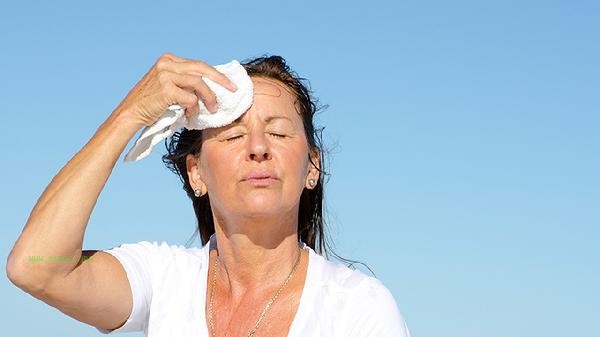The hot water in the water heater is usually not recommended to be used directly for cooking. The water stored in a water heater for a long time may contain scale, bacteria, or metal deposits, which pose health hazards when consumed or cooked directly. The inner tank and pipes of household storage water heaters are prone to accumulating scale, especially in areas with hard water quality. Repeated heating can cause the deposition of minerals such as magnesium ions and calcium ions, which may alter the taste of water and affect the absorption of food nutrients. The metal parts of some old water heaters may precipitate heavy metals such as lead and cadmium, and long-term intake can increase health risks. The water temperature of the water heater is mostly between 40-60 ℃, which may breed pathogenic microorganisms such as Legionella, and boiling cannot completely eliminate their metabolites. If a few new instant water heaters adopt food grade stainless steel inner tanks and antibacterial designs, short-term emergency use may be relatively safe. However, such equipment still requires regular deep cleaning and cannot completely avoid secondary contamination of pipelines. In some areas, chlorine agents are added to the tap water for disinfection. Heating may produce by-products such as trichloromethane, and volatile substances may adhere to the surface of food during high-temperature cooking.

It is recommended to use cold water filtered by a water purifier to boil and cook, which can effectively kill bacteria and reduce impurity intake. If it is necessary to use a water heater source, the overnight stored water should be discharged first and continuously discharged for 1-2 minutes to ensure the use of hot water flowing in the middle section. Before cooking, the water should be thoroughly boiled for 3-5 minutes. It is safer to heat soup, stew or other dishes for a longer period of time. Pay attention to regularly cleaning the inner tank of the water heater, replacing aging magnesium rods and seals, and avoiding pipeline corrosion and water pollution. Special groups such as pregnant women, infants, or immunocompromised individuals should strictly avoid using water sources from water heaters to make food.











Comments (0)
Leave a Comment
No comments yet
Be the first to share your thoughts!